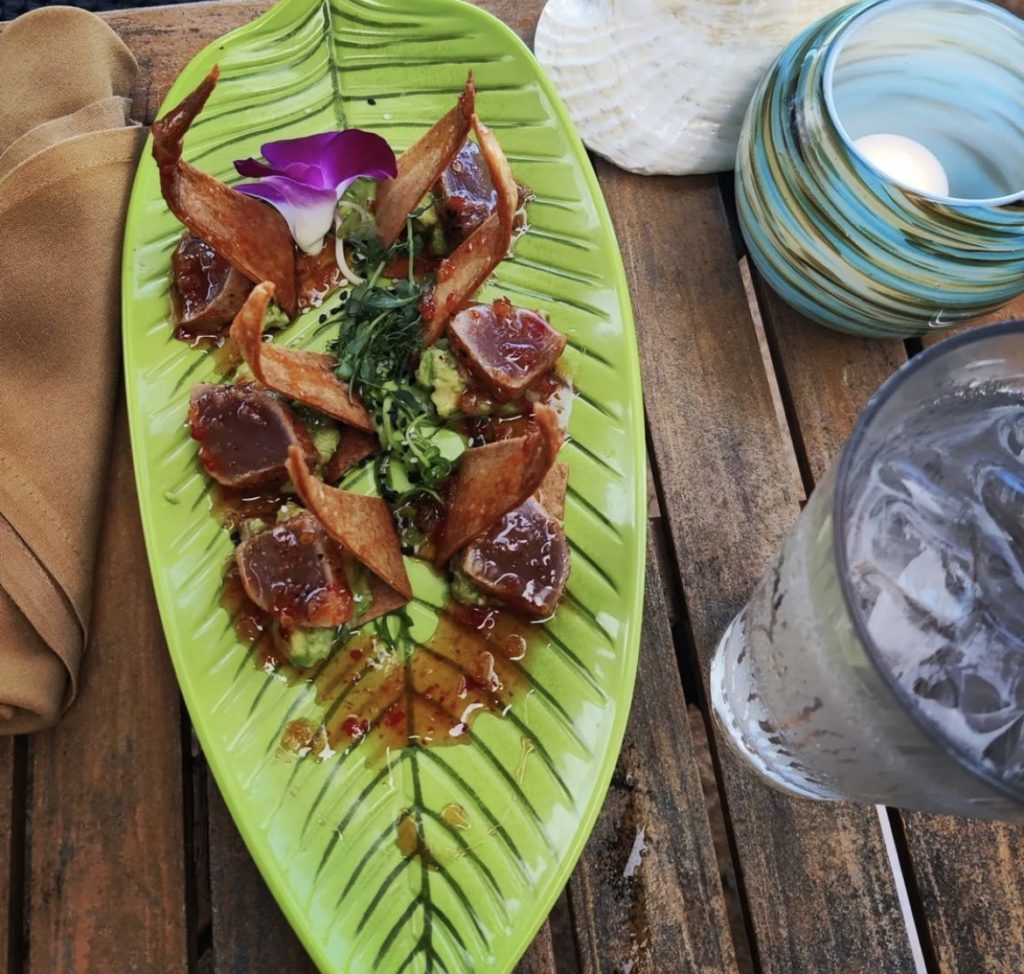Note: This article contains mentions of restrictive eating practices
In eighth grade, I made the decision to limit my intake of animal products. I thought of myself as a quasi-environmental activist, making a difference in the world where my peers couldn’t muster the strength to. It was exciting; I tried all sorts of new foods, bonded with fellow vegetarians, and saw an immediate difference in my acne.
Going into high school, I maintained a moral superiority over others. After all, it took guts to do what I had done. I clung to this identity even when much of my sense of self dissipated. I trusted that no matter what sort of identity crisis I had, I could always count on my diet to distinguish me from everyone else. This fact is one that I hold much shame over now. But at the same time, it was necessary for me to push through any doubts that I had regarding the many other elements of my identity.
But as I moved deeper into the diet, the newness wore off. No longer novel, it was difficult to sustain the enthusiasm of before. Even when I made a zine promoting the diet, I decentered my own personal experience, instead citing data to support the various talking points that make veganism worthwhile.
But deep into my sophomore year, after enduring months of online school and burnout, my appetite became extremely dysregulated. I ate one meal a day if that. My diet consisted almost exclusively of granola bars, a suggestion by my therapist that helped me eat something, even when I didn’t want to. This dilemma coincided with a number of mental health issues obliging me to begin taking medications with numerous intense side effects. Over the course of one summer, I tried four different medications, each of which had varying effects on my appetite. The overall trend: I did not want to eat.
I didn’t find a medication that even remotely worked until my junior year. At that point, I had begun the IB Program, overwhelmed with responsibilities both in and outside school. If I brought lunch at all, it was usually carrots and hummus. Although my appetite increased, and I began to eat a more balanced diet, I was constantly exhausted. I relied on copious amounts of caffeine, afternoon naps, an 8:30 bedtime, and the reduction of my daily routine down to what absolutely needed to be done. In all honesty, I don’t think I spent time with my friends outside of school at all that year, with the exception of school dances.
This way of living was not remotely sustainable. My diary entries from that year emphasized constant fatigue and an inability to cope with the depression I had lived with for several years. It felt like I was treading water, waiting for a moment to catch an extra hour of sleep. This is no way of living, and not the life I thought I’d live when I entered high school. The health benefits often cited in favor of veganism are derived from valid studies, but they often do not describe what a healthy vegan diet actually looks like.
In order to maintain a vegan diet that actually provides the essential nutrients necessary for your body to function properly, there are a number of specific nutrients that should be emphasized throughout daily meals to satisfy the body’s needs. Without these, there are serious health effects that can arise, including the near-constant enervation that characterized my junior year. Being vegan does not automatically make you healthy; it can create health issues not present in a non-vegan diet.

My family traveled to Hawaii this summer in order to honor the passing of my grandmother and pay homage to a place she cared for. While there, I began eating meat and fish due to the lack of vegetarian and vegan options. The new foods I tried were better than much of what I had consumed in the four years prior. It felt like I was actually nourishing my body, instead of scrambling to eat whatever I could find for a meal. I felt more energized than I had in over a year, and although the adjustment took time, my body felt stronger each day.
The guilt that I felt over-consuming something that has an overall negative impact on the Earth was not worth the years of physical suffering I had put myself through. It did, however, motivate me to better the environment in new ways, like donating to organizations bettering the environment, and taking measures to sustainably source the food that I ate.
Furthermore, the environmental benefits that initially led me to become vegan are extremely nuanced. But as Martin Heller from the University of Michigan puts it, “There are no silver bullets for climate change. Nothing in isolation will be ‘enough’.” (The Guardian, 2021)
You cannot singlehandedly repair years of immeasurable damage done to the planet. And you should not sacrifice your own physical well-being for a cause that will take much more than the actions of a single person to address.
I would not call what I did to myself an eating disorder, but I frequently used my diet as an excuse to restrict my intake of food. Your teenage years should not be spent trying to sacrifice as much as you can; it is possible to be a good person and enjoy your life at the same time.
I’m not trying to discourage you from going vegan. Many people maintain a healthy vegan diet that adequately feeds their bodies and meets their needs. But I hope my story can shed some light on the fact that not all seemingly moral actions are the best option. You do not have to kill yourself in order to prove what you are capable of doing.
